Menexenus
Menexenus
Whether the Menexenus is a genuine writing of Plato, or an imitation only, remains uncertain. In either case, the thoughts are partly borrowed from the Funeral Oration of Thucydides; and the fact that they are so, is not in favour of the genuineness of the work. Translated by Benjamin Jowett.
Book Excerpt
l the writings which have ever been ascribed to Plato, are undoubtedly genuine. There is another portion of them, including the Epistles, the Epinomis, the dialogues rejected by the ancients themselves, namely, the Axiochus, De justo, De virtute, Demodocus, Sisyphus, Eryxias, which on grounds, both of internal and external evidence, we are able with equal certainty to reject. But there still remains a small portion of which we are unable to affirm either that they are genuine or spurious. They may have been written in youth, or possibly like the works of some painters, may be partly or wholly the compositions of pupils; or they may have been the writings of some contemporary transferred by accident to the more celebrated name of Plato, or of some Platonist in the next generation who aspired to imitate his master. Not that on grounds either of language or philosophy we should lightly reject them. Some difference of style, or inferiority of execution, or inconsistency of thought, can hardly be considered decisi
Editor's choice
(view all)Popular books in Philosophy, Fiction and Literature
Readers reviews
0.0
LoginSign up
Be the first to review this book
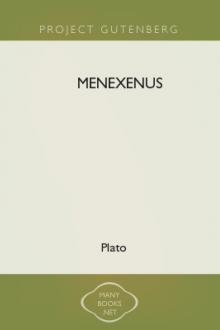
 Free Download
Free Download























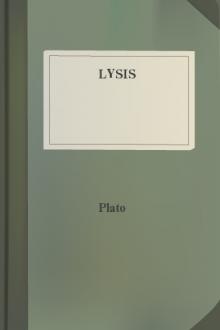
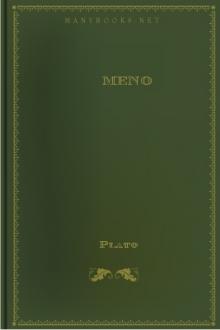
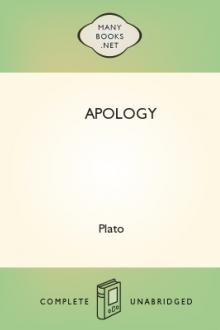
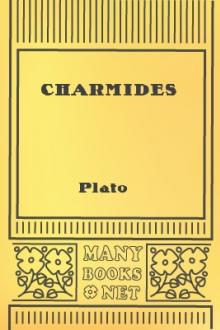

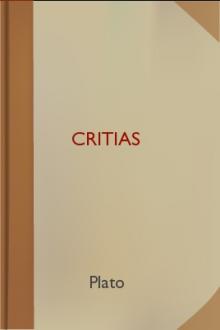
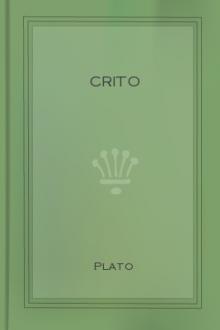
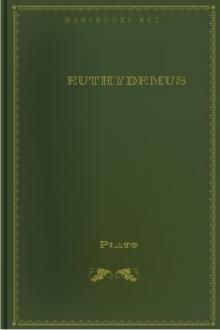
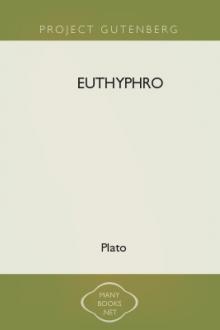
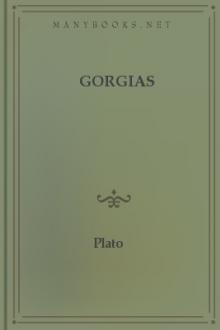
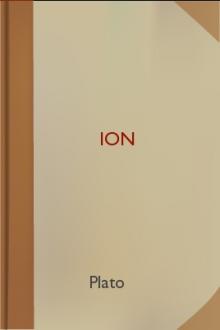
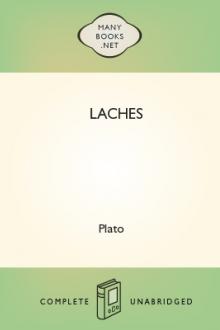
-itok=vcKIB5v1.jpg)